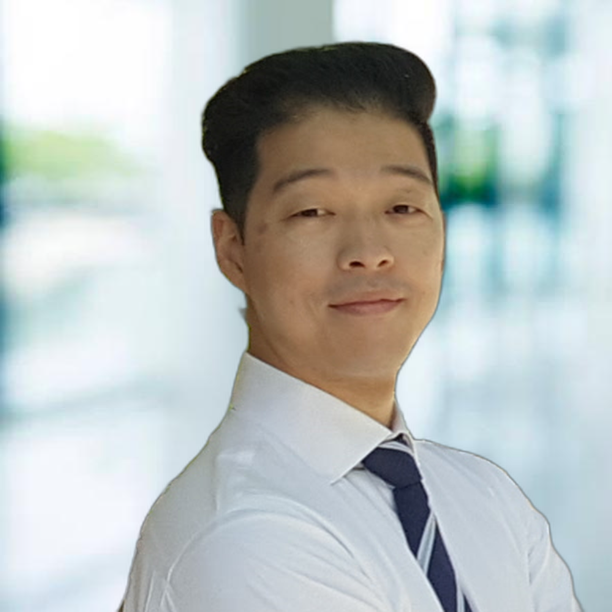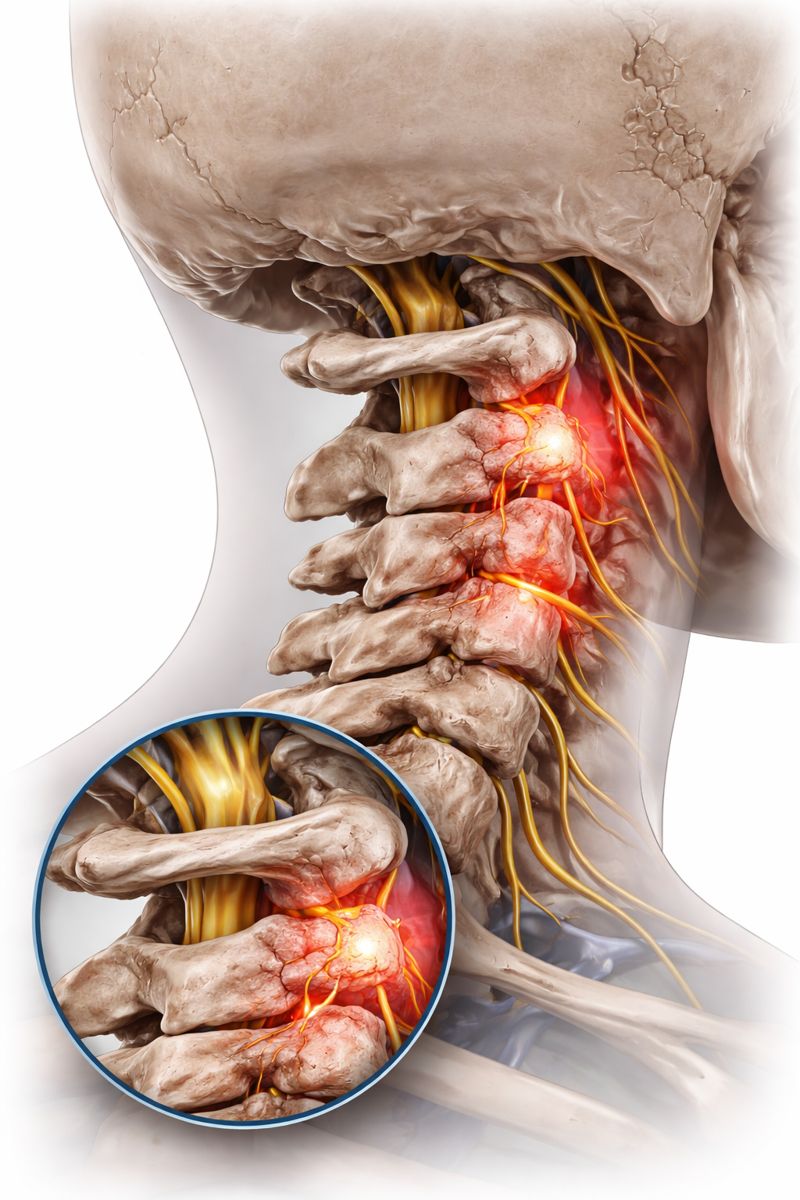
Tinnitus, often described as the persistent perception of ringing, buzzing, or hissing sounds in the ears, affects millions of individuals worldwide. While tinnitus itself is not a condition but rather a symptom of an underlying issue, its impact on quality of life can be significant. Traditional treatments may offer relief for some, but there is a growing interest in exploring alternative approaches, such as Upper Cervical Chiropractic care, to address tinnitus. In this article, we delve into what tinnitus is, its potential causes, and how Upper Cervical Chiropractic might offer a natural avenue for relief.
Understanding Tinnitus
By downloading the Digital Patient Chart mobile app you can better control your patient portal.
Tinnitus can manifest in various ways, ranging from faint background noise to a constant and disruptive sensation. It can be caused by exposure to loud noises, age-related hearing loss, earwax blockages, certain medications, and underlying medical conditions. The exact mechanisms behind tinnitus are complex and can involve the auditory pathways, the brain's processing of sound signals, and the nervous system.
Traditional Treatment Approaches
Common treatments for tinnitus include hearing aids, sound therapy, cognitive behavioral therapy, and medications. These methods aim to manage the symptoms and improve the individual's ability to cope with the perceived sounds. While these treatments can be effective for some, there is ongoing research into alternative therapies that target the underlying factors contributing to tinnitus.
The Role of Upper Cervical Chiropractic
Upper Cervical Chiropractic care is rooted in the belief that misalignments in the upper neck vertebrae, particularly the atlas (C1) and axis (C2) vertebrae, can impact nervous system function and overall health. Proponents of this approach suggest that misalignments in this area could potentially disrupt the intricate network of nerves involved in hearing and sound perception, contributing to tinnitus.
The Treatment Process
Upper Cervical Chiropractic care begins with a thorough assessment that may involve specialized imaging to identify misalignments or asymmetries in the upper cervical spine. Chiropractors then use precise and gentle techniques to perform adjustments aimed at correcting these misalignments. By restoring proper spinal alignment, the pressure on the nervous system is alleviated, potentially addressing any dysfunction that might be contributing to tinnitus.
Research and Results
While research into the effectiveness of Upper Cervical Chiropractic for tinnitus is ongoing, some individuals have reported positive outcomes. Reductions in the intensity and frequency of tinnitus symptoms have been documented in anecdotal reports. However, it's important to note that results can vary widely from person to person, and Upper Cervical Chiropractic might not be a suitable option for everyone.
A Holistic Approach
Upper Cervical Chiropractic care should be considered as part of a holistic approach to managing tinnitus. Collaborating with a healthcare team that includes audiologists, ENT specialists, and other medical professionals ensures a well-rounded strategy. Addressing tinnitus comprehensively may involve a combination of treatments tailored to the individual's needs and circumstances.
Tinnitus remains a complex and challenging condition, impacting the lives of many. While Upper Cervical Chiropractic care offers a unique and natural approach to addressing tinnitus by focusing on the relationship between the upper cervical spine and the nervous system, its effectiveness is still being explored. Individuals considering this approach should engage in open communication with their healthcare providers, explore a variety of treatment options, and make informed decisions based on their unique situation. Ultimately, by taking a holistic approach and remaining open to various therapies, individuals with tinnitus can strive for improved quality of life and relief from their symptoms.








Leave a comment